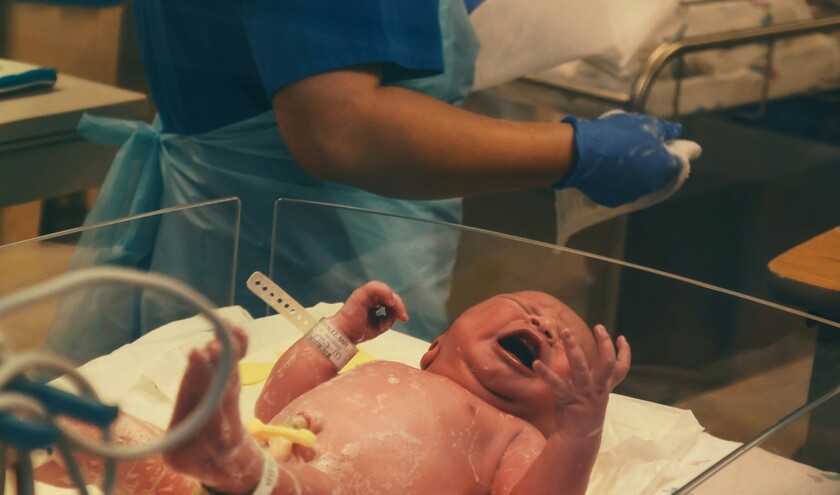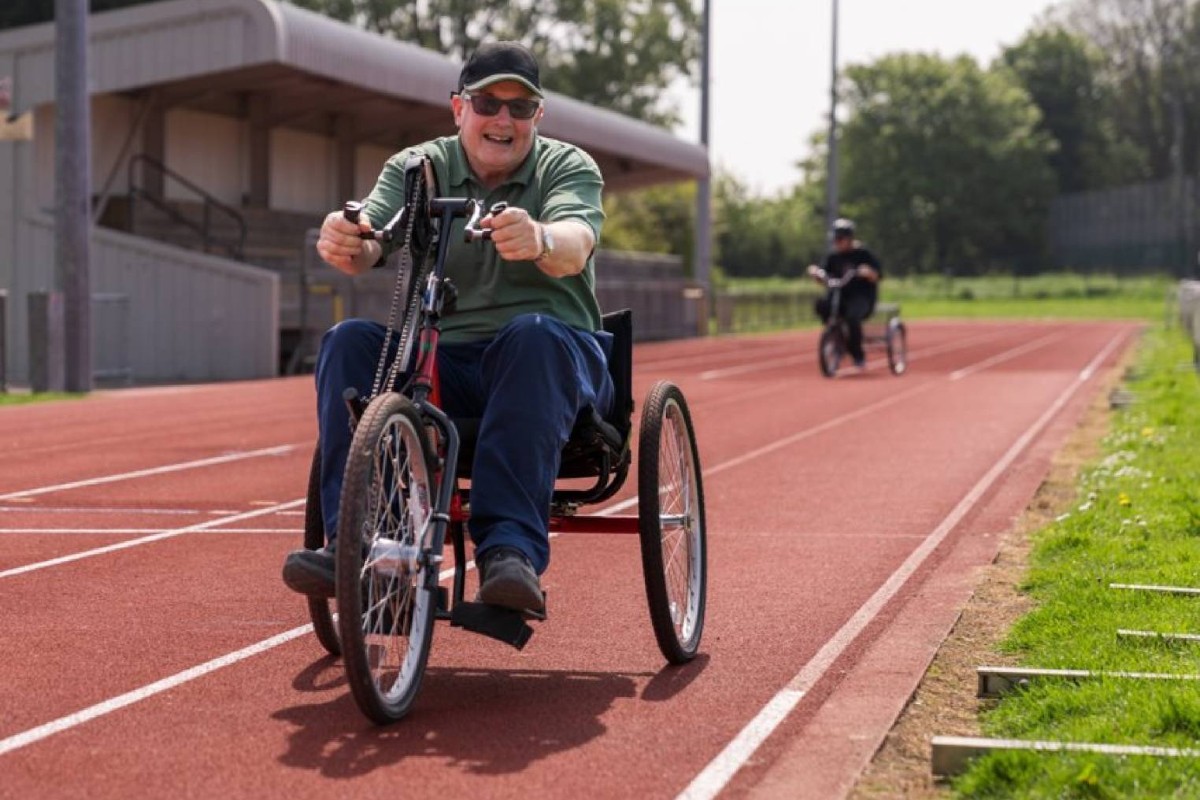The Avoiding Brain Injury in Childbirth (ABC) pilot is launching across nine maternity units at NHS trusts and aims to improve maternity outcomes for women and babies.
The programme, which is backed by £7.8m in government funding, will help maternity staff to better identify signs that the baby is showing distress during labour so they can act quickly. It will also help staff deal with an important obstetric emergencies.
The ABC programme aims to improve clinical practice, communication and care for women and families and result in better outcomes and experiences, while reducing variation and inequality of care.
The scheme is also expected to reduce the rising cost of clinical negligence. At present, maternity cases account for around 10% of clinical negligence claims and equate to more than 50% of the total value of clinical negligence payments. In 2018/2019, claims related to brain damage at birth had a value of £1.86bn, with individual cases costing up to £30m.
Baroness Gillian Merron, minister for patient Safety, women's health and mental health, said: ‘This is a critical step toward avoiding preventable brain injuries in babies, as we work to make sure all women and babies receive safe, personalised and compassionate care.
‘This government is working with the NHS to urgently improve maternity care, giving staff the support they need to improve safety and ensure women's voices are properly heard.'
Dr Ranee Thakar, president of the Royal College of Obstetricians and Gynaecologists, added: ‘The ABC Programme will help maternity teams to improve safety by giving them the tools, resources and training they need to respond effectively when a baby might be deteriorating during labour and to handle a major obstetric emergency. Including support for teamwork and culture, ABC makes best practice easier and puts those in labour and their birth partners at the centre of their care.'
Gill Walton, chief executive of the Royal College of Midwives (RCM), said: ‘Improving multidisciplinary training is key to improving pregnancy outcomes, equally sharing good practice, and learning from mistakes is crucial.
‘We are confident that the ABC tools and training will equip maternity staff at these pilot sites with the skills they need to ensure best outcomes for both mother and baby.'
The programme could be rolled out nationally next year if the pilot is successful.



